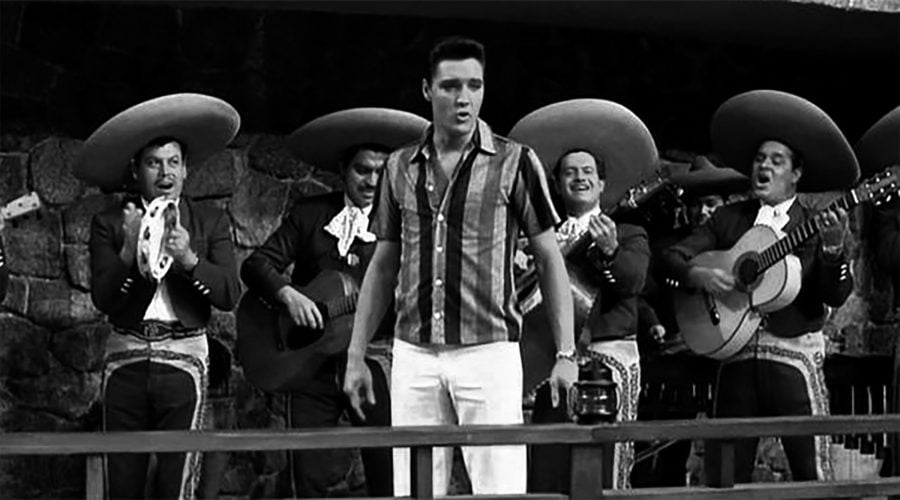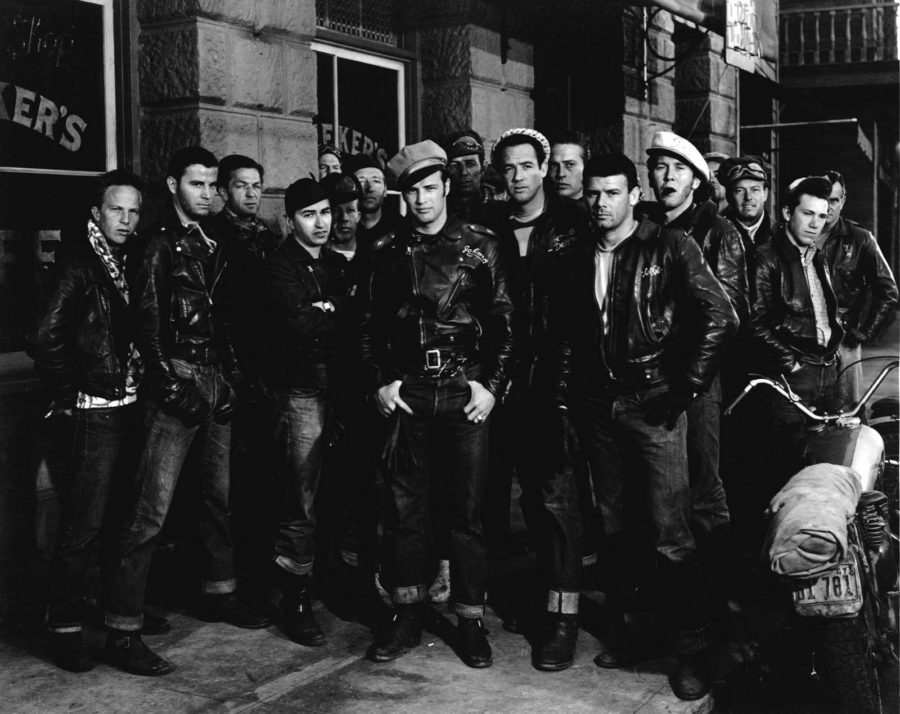A phrase taken out of context was the reason Elvis Presley was banned. A conservative society and inflammatory attitudes almost tarnish his relationship with Mexico.
Elvis Presley, the King of Rock represented a cultural landmark in the United States and Mexico. Although for us rock & roll is completely common and, perhaps, even music from old people, during the 1950s in Mexico there was a part of Mexican society that took it as an incitement to rebellion and lust.

In addition to this conservative wing of Mexican society, a rumor emerged that added fuel to the fire: Elvis Presley declared the following:
“I’d rather kiss three black women than one Mexican.”
The columnist Federico de León was the one who wrote that the artist told him in an interview that he preferred to kiss or marry three black women rather than a Mexican one; surely, it was a comment out of context that Elvis Presley himself would clarify later.
According to the journalist Alberto Nájar, it was 1957 when this rumor spread.
The writer Parménides García Saldaña mentions the incident without giving further details in his narrative El rey criollo.
Although the King of Rock said that he had never said something like this about Mexican women through a press release he made public, for some time Mexico stopped loving Elvis Presley and both his music and the films he starred in were banned.

This added to the loss of prestige of Elvis Presley, who was associated as a leader of illicit behavior since there was something in that frank flirtation and movement of the hip that disturbed the most conservative Mexican society.
The scandal was immediate and in this context, his film King Creole arrived in Mexico in May 1959, whose premiere in Mexico City at the former Cine Las Americas was attended by rebels without a cause who entered without paying and generated such disturbances that another ensued. scandal.
The matter got to such a degree that the authorities vetoed the distribution of Elvis films and denied him entry to the country when he applied for a visa to film the film Fun in Acapulco.
Records were burned and even the radio networks decided not to reproduce anything related to Elvis Presley.
However, there is nothing that time does not heal and the veto was lifted without it being a conclusive fact. And Elvis Presley’s appreciation for Mexico gradually erased this eventful phase that, fortunately, did not taint his talent or his legacy in our country.
10 facts about the love between Mexico and Elvis Presley
Different activities were organized to commemorate 40 years since the death of the King of Rock. In them, the true footprint of Elvis in Mexico was revealed, below, some data that validates that his legacy is respected and that he loved our country.
- Presley’s first success in Mexico: The hotel of broken hearts.
- Rockabilly, whose parties are still celebrated clandestinely but with a large audience of faithful admirers of the musical trend, was born in Mexico thanks to Elvis, according to Antonio Carriozosa.
- According to Raúl de la Rosa, Presley’s music reached the Mexican youth strongly.
- The singer became a phenomenon of promotion, erasing the music of African Americans at a time when it was forbidden to be consumed by white families.
- Carrizosa says that the women of the 1950s were the ones who legitimized Elvis in Mexico, while his boyfriends were the ones who participated in the riots and defamed him.
- Despite the fact that Fun in Acapulco does not have locations in Mexico that Elvis and the producers continued with the film, despite not granting the visa, they managed to make the relationship with Mexico solid for posterity.
- Elvis Presley recorded songs in Spanish, such as “Mexico” and “Margarita.”
- He acted alongside Katy Jurado, Dolores del Río, Elsa Cárdenas and Rodolfo Acosta, figures of Mexican cinema and had collaborations with mariachis such as The Águilas and The Amigos.
- In his last performance, he wore a suit that included a design from the Aztec Calendar, among other elements alluding to the culture of Mexico.
- Elvis was a fan of “There on the Big Ranch,” which he used to warm up his voice before going out to sing, Trejo said.
Source: mexicodesconocido.com.mx




